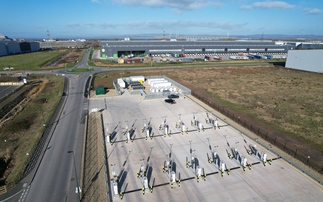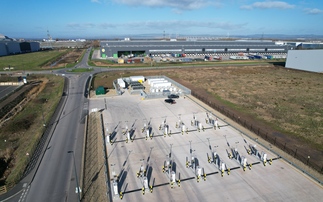Leading hauliers on track to deliver eight per cent cut in emissions by 2015
Awareness of climate change and the impact that carbon emissions have on all our futures has been steadily growing for some time. As the level of carbon dioxide in the atmosphere continues to grow, the...
To continue reading this article...
Join BusinessGreen
- Enjoy exclusive news, insights and analysis from Europe’s leading source of information on the green economy and business.
- Make smart, responsible business decisions with an eye on the latest regulatory and tech development
- Tap into our extensive archive of exclusive articles, news, analysis and guide
- Access to our new BusinessGreen intelligence service, providing you with
- > Exclusive in-depth case studies
- > Policy briefings, white papers and reports on market trends that are shaping the direction of the net zero transition
- > Our overnight briefing, expertly curated help you run a competitive and sustainable business
- > Online and interactive meetings with BusinessGreen’s editors to discuss the crucial stories and trends from the past month
Choose from 3 paid membership levels or start a 7-day no strings trial.







